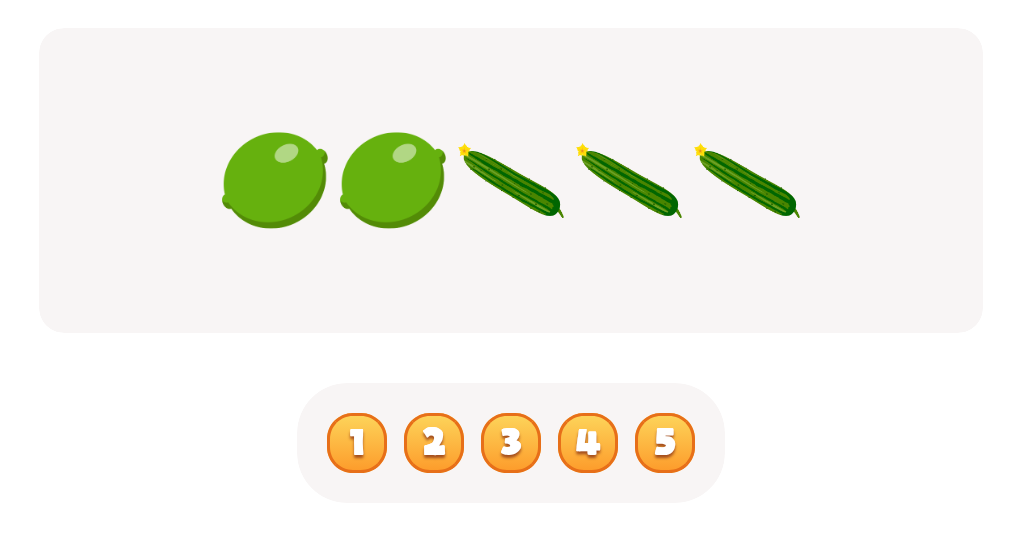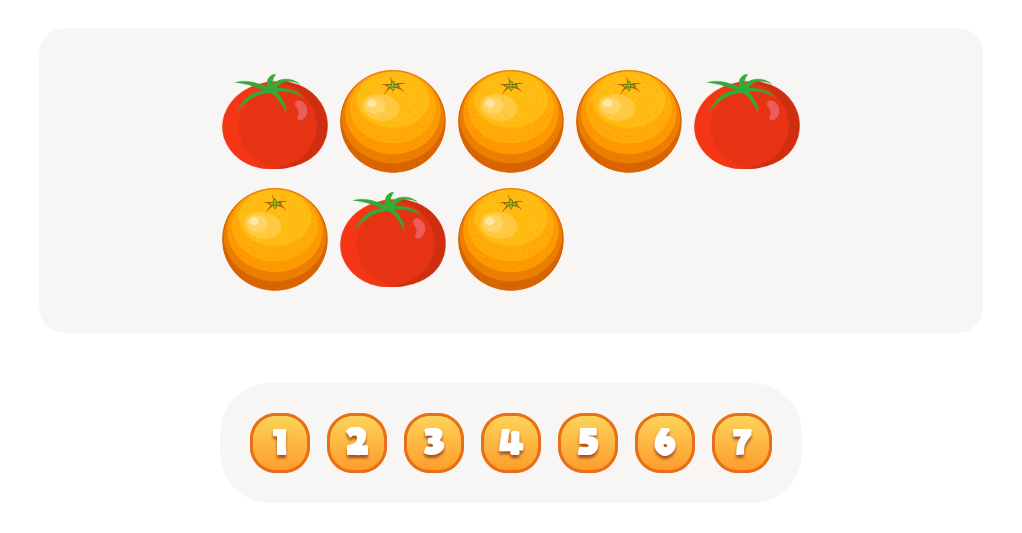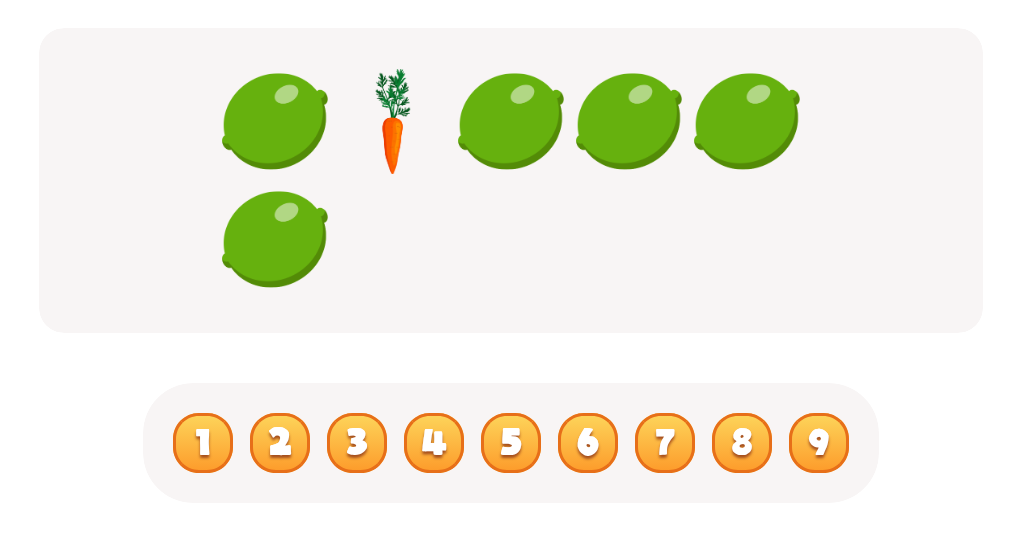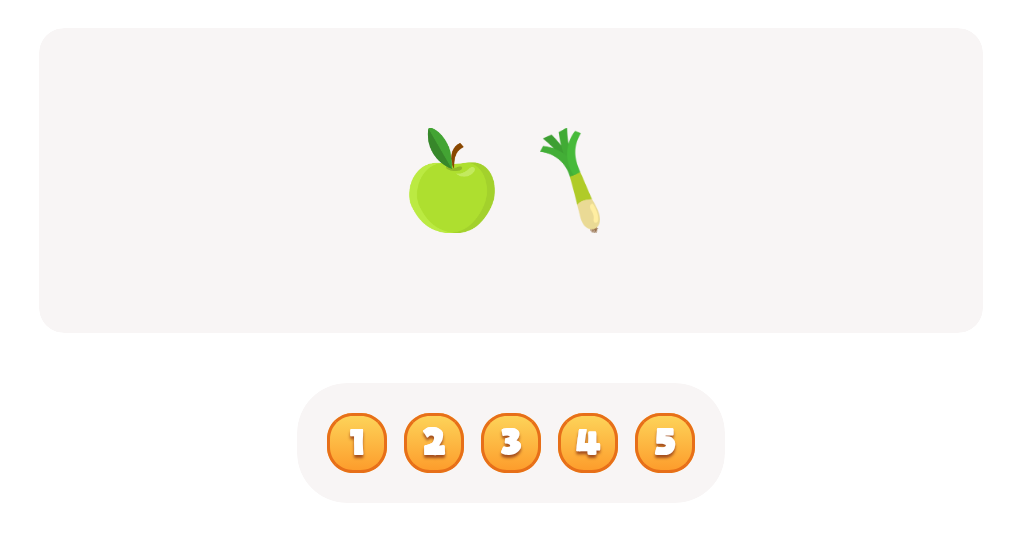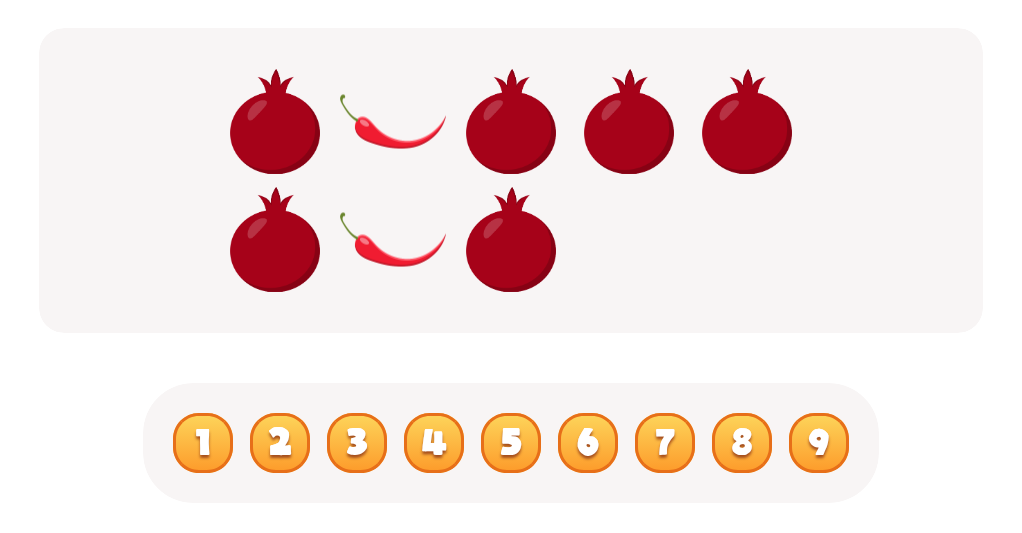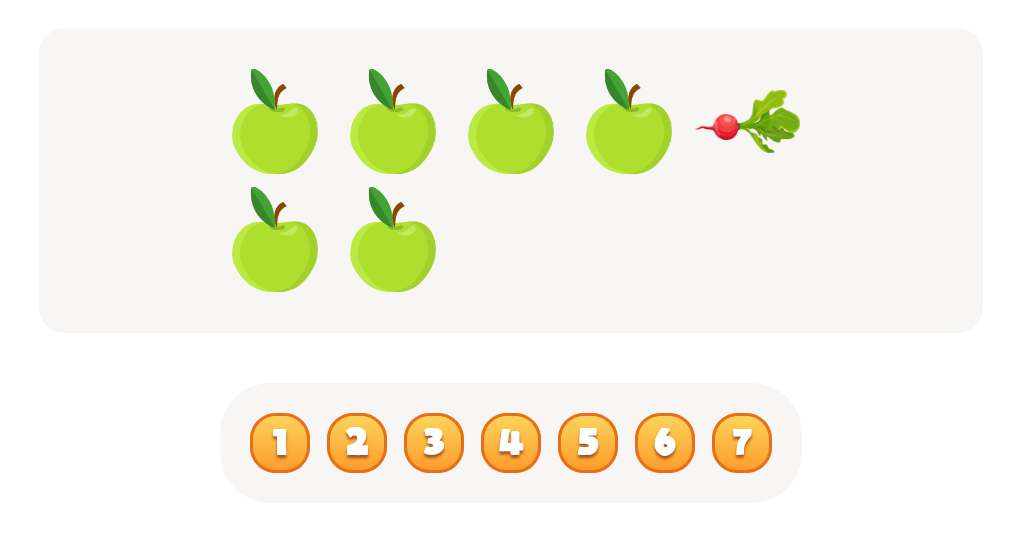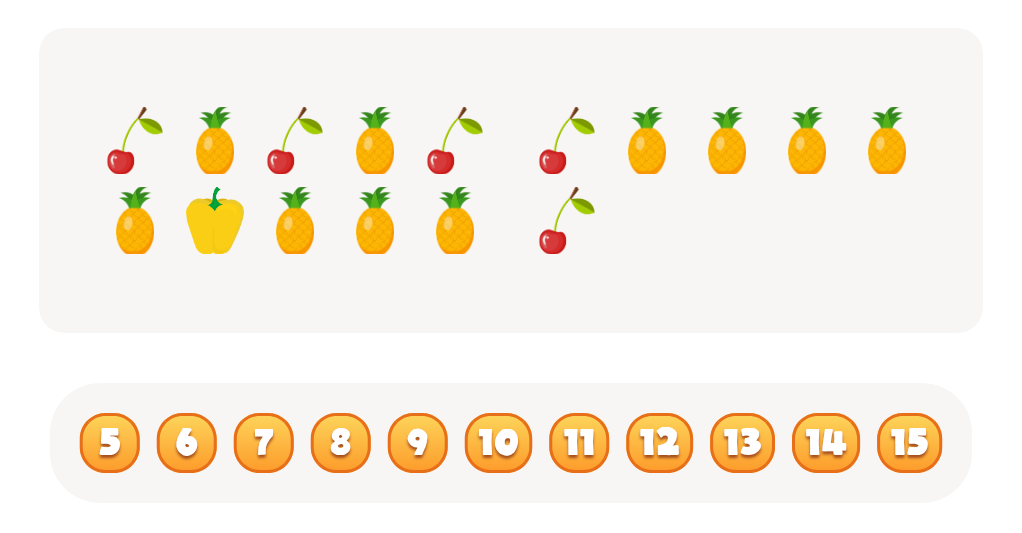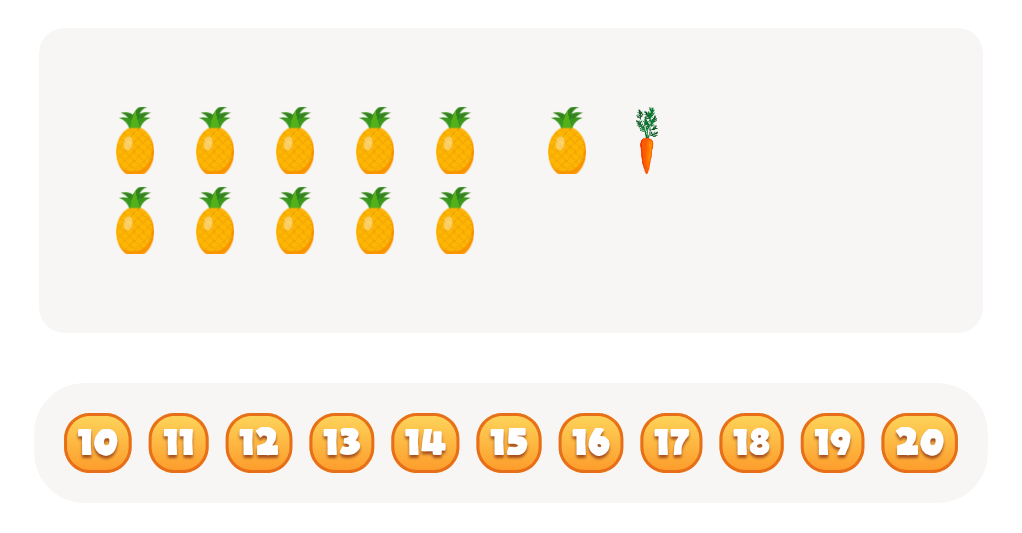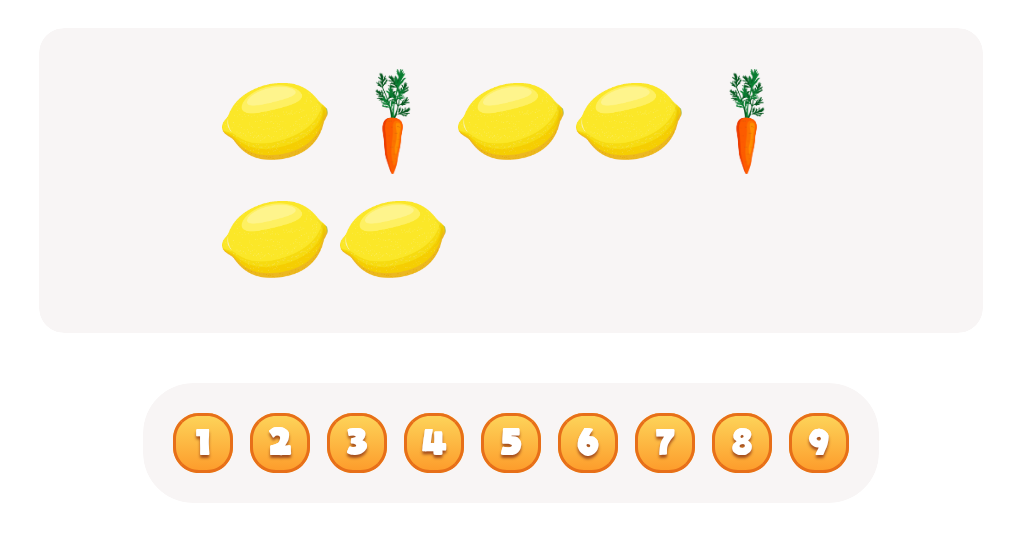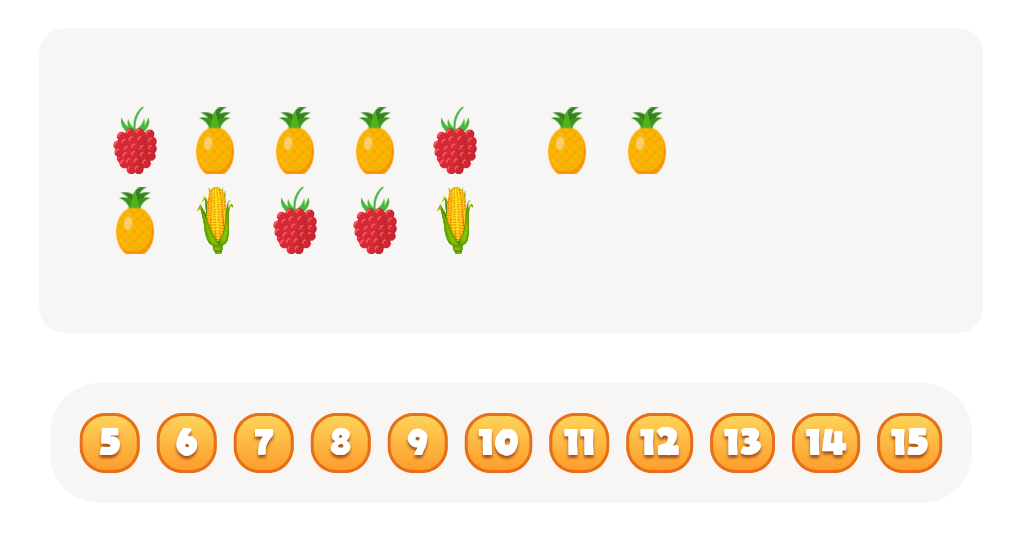Environmental awareness Normal Plants and Animals Worksheets for Ages 4-8
4 filtered results
-
From - To
Introduce young learners to the wonders of nature with our Environmental Awareness worksheets focused on Normal Plants and Animals, designed for ages 4-8. These printable worksheets enable children to explore the diverse world of flora and fauna, fostering connections with the environment. Through engaging activities and interactive content, children will start recognizing different plants and animals, understanding their habitats, and learning how to protect them. Perfect for classroom or home use, these worksheets aim to cultivate an early appreciation for the environment, fostering lifelong learning about the natural world. Nurture curious minds today with these educational resources.
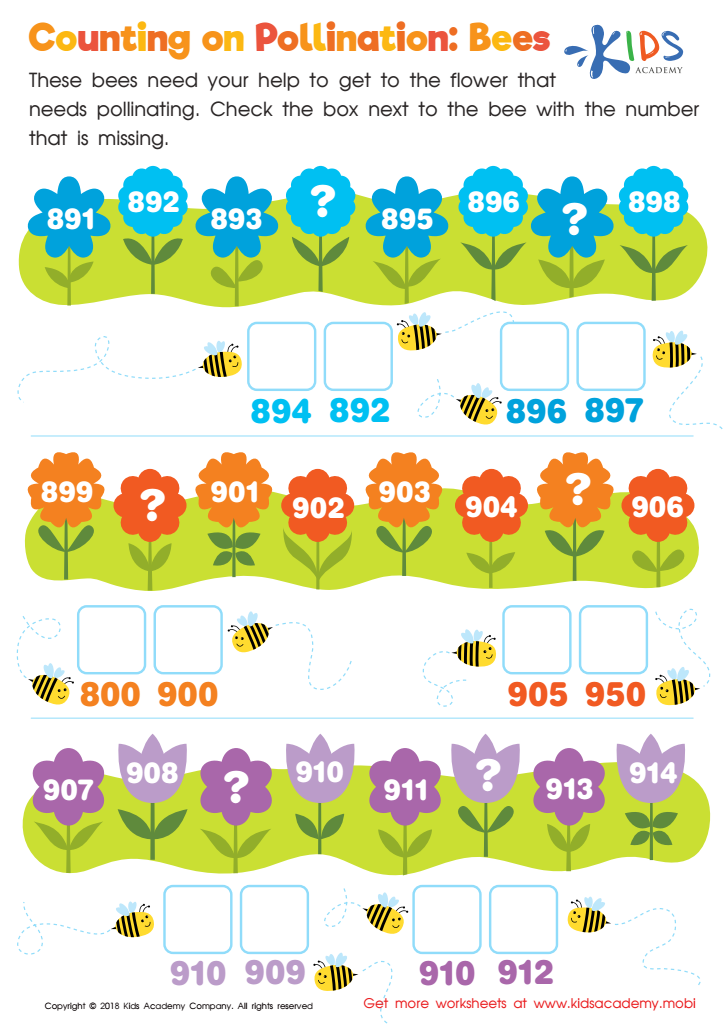

Counting on Pollination: Bees Worksheet
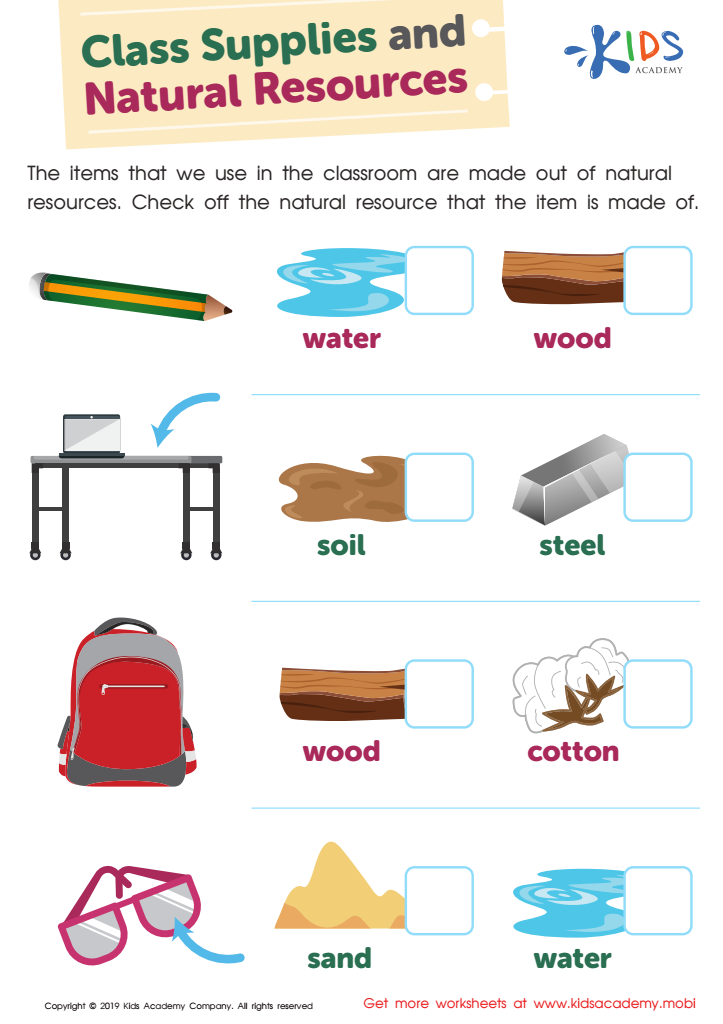

Class Supplies and Natural Resources Worksheet
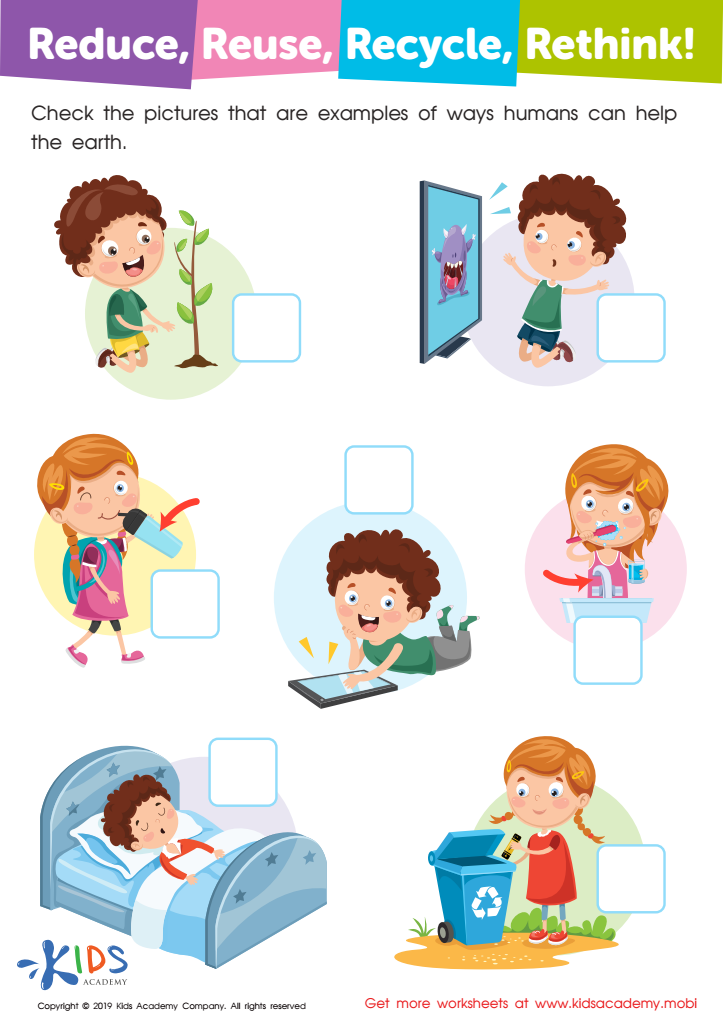

Reduce, Reuse, Recycle, Rethink Worksheet
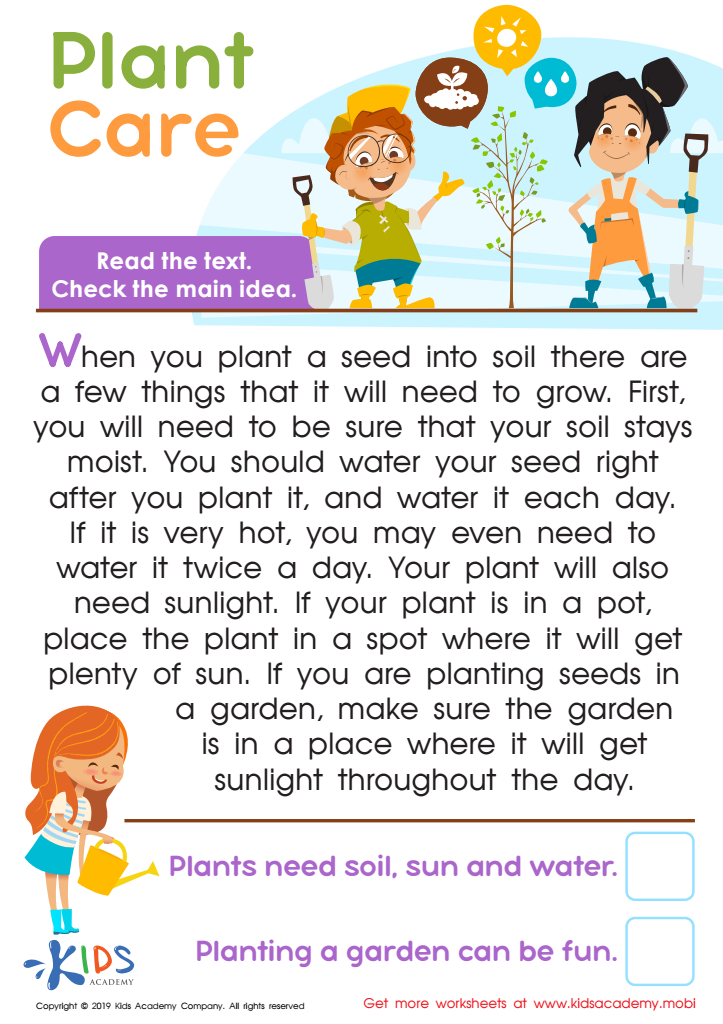

Plant Care Worksheet
Parents and teachers should prioritize environmental awareness, normal plants, and animals for young children ages 4-8 because it lays the foundation for a lifelong appreciation and responsibility toward our planet. At this impressionable age, children are naturally curious and enthusiastic learners. Introducing them to the wonders of the natural world helps cultivate a sense of respect and stewardship. Understanding the role of plants and animals in our ecosystems can foster empathy and mindfulness about human impact on the environment.
Teaching children about plants and animals encourages outdoor activities and physical fitness, supporting both their mental and physical development. By observing and interacting with nature, children develop critical observation and reasoning skills, enhancing their overall learning potential. Moreover, lessons on biodiversity and ecosystems align with foundational science concepts, promoting early interest in STEM subjects.
Environmental awareness in early years can also instill values of conservation and sustainable living. Knowing about recycling, reducing waste, and preserving natural habitats becomes second nature. These early lessons can lead to more environmentally conscious behaviors in adulthood, contributing to a healthier planet.
Incorporating stories, hands-on activities, and nature exploration makes learning engaging and memorable. Thus, raising environmentally aware children means nurturing informed, responsible future citizens capable of making meaningful contributions to the world's well-being.

 Assign to My Students
Assign to My Students
